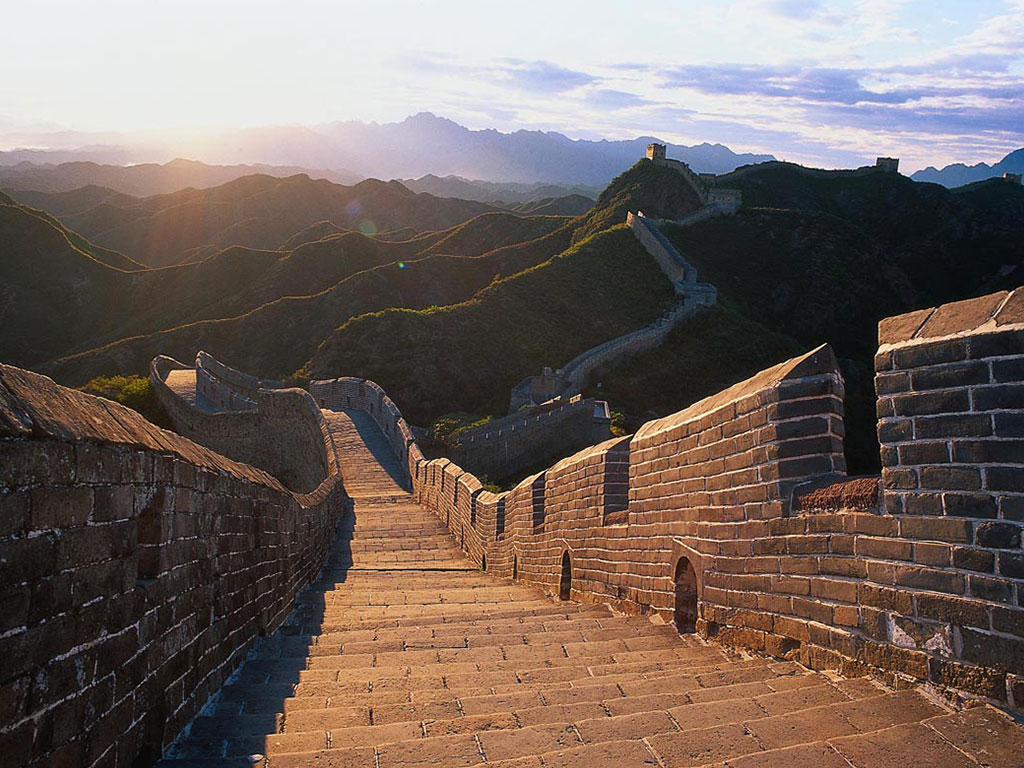I often start my mornings with egg, cheese and turkey sandwich at Panera Bread. This morning was no different. While reading newspapers on my Kindle, sipping hazelnut coffee (I know I just lost respect of the true coffee drinkers), I started with yesterday’s FT, an article on China piqued my interest. China plays a very important role in the global economy and thus I pay close attention to it. I started reading:
“The benchmark one-year lending rate was cut by 27 basis points to 5.31 per cent, while the one-year deposit rate was lowered by the same amount to 2.25 per cent.”
This is not surprising news, but shows originality – China doesn’t want to be like the US, thus it cuts interest rates in multiple of 27 basis points, not boring 25 basis points.
“The government estimates more than 10m migrant workers have lost their jobs so far, while 6.5m university students will enter the workforce next year.”
China is unlikely to escape the fate of developed countries, it faces rising unemployment. This raises a question – will it lead to political unrest? High unemployment in China is very different than high unemployment in the US or Europe. Unlike in the developed world, there is not much of a social net in China. In the US if you lose a job, you may be forced to shop at Wal-Mart instead of Target and you have to downgrade to basic cable – only 50 channels, sorry. I am oversimplifying, but we got unemployment benefits and many other government programs that will not allow one to starve. That is not the case in China, its safety net is in infancy, therefore high unemployment may mean hunger for many and political unrest. Chinese government knows this well. Unless it comes up with social net very quickly, it will stimulate the hell out of its economy that goes far beyond the stimulus it announced – this means more government spending. (I hear that the previously announced stimulus was just a reshuffle of normal government spending.) The next news makes things even more difficult:
“Chinese exports collapsed in November, contracting 2.2 per cent year on year after seven years of double-digit growth, while industrial output growth slowed to 5.4 per cent from 8.2 per cent in October.”
Though economists still forecast 5% GDP growth next year in China, above statistics put that forecast in doubt. But even if 5% GDP growth forecast is right, as I’ve discussed in the past, due to the unique nature of Chinese economy (it has tremendous operational and financial leverage) it can only function in two modes – forward and backward, there is little middle ground. At the low growth speeds, and 5% is low for China, the manufacturing part of the economy simply chokes up and starts losing money. Thus the following news makes a lot of sense and simply scary:
“China’s foreign exchange reserves, the largest in the world, apparently fell in October for the first time in five years, according to an official from the State Administration of Foreign Exchange.” [emphasis added]
Published economic numbers are very likely not describing a true economic reality in China. Despite economic growth, for the first time in a long time, China feels a need to dip into its piggy bank – foreign reserves. But here is a scary part – that piggy bank is mostly in the US dollars.
The US Government is printing a lot of money at the moment to deal with our own problems, printing press may not be inflationary in the short-run (although definitely inflationary in the long-run) as velocity of money is declining – banks are barely lending and consumers are deleveraging and are reluctant to borrow. But if Chinese economy continues to deteriorate – a likely scenario as the deterioration just started – Chinese government will stop buying US Treasuries and even worse it will start digging into its US reserves. Since there are no other natural buyers (in size) of the US debt our interest rates may actually skyrocket, the US dollar drops against Chinese currency, while our inflation may still remain low. This is bad for China twice:
- 1. High interest rates means even lower economic growth from the US and thus even lower consumption of Chinese made goods.
- 2. China cannot afford weak US dollar – its US dollar reserves are worth less and more importantly its product becomes more expensive for the US consumers.
Here is another thought: all this is taking place while long-term government bonds at the lowest rates ever (or close). Long-term US Government bonds are likely the most overpriced asset in the world, period!









0 comments